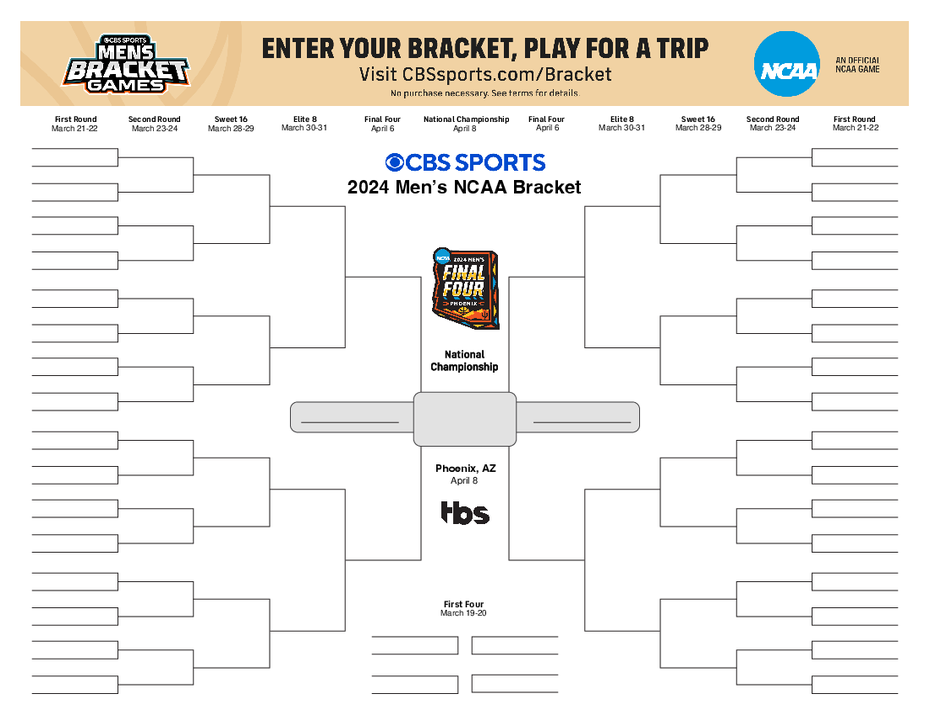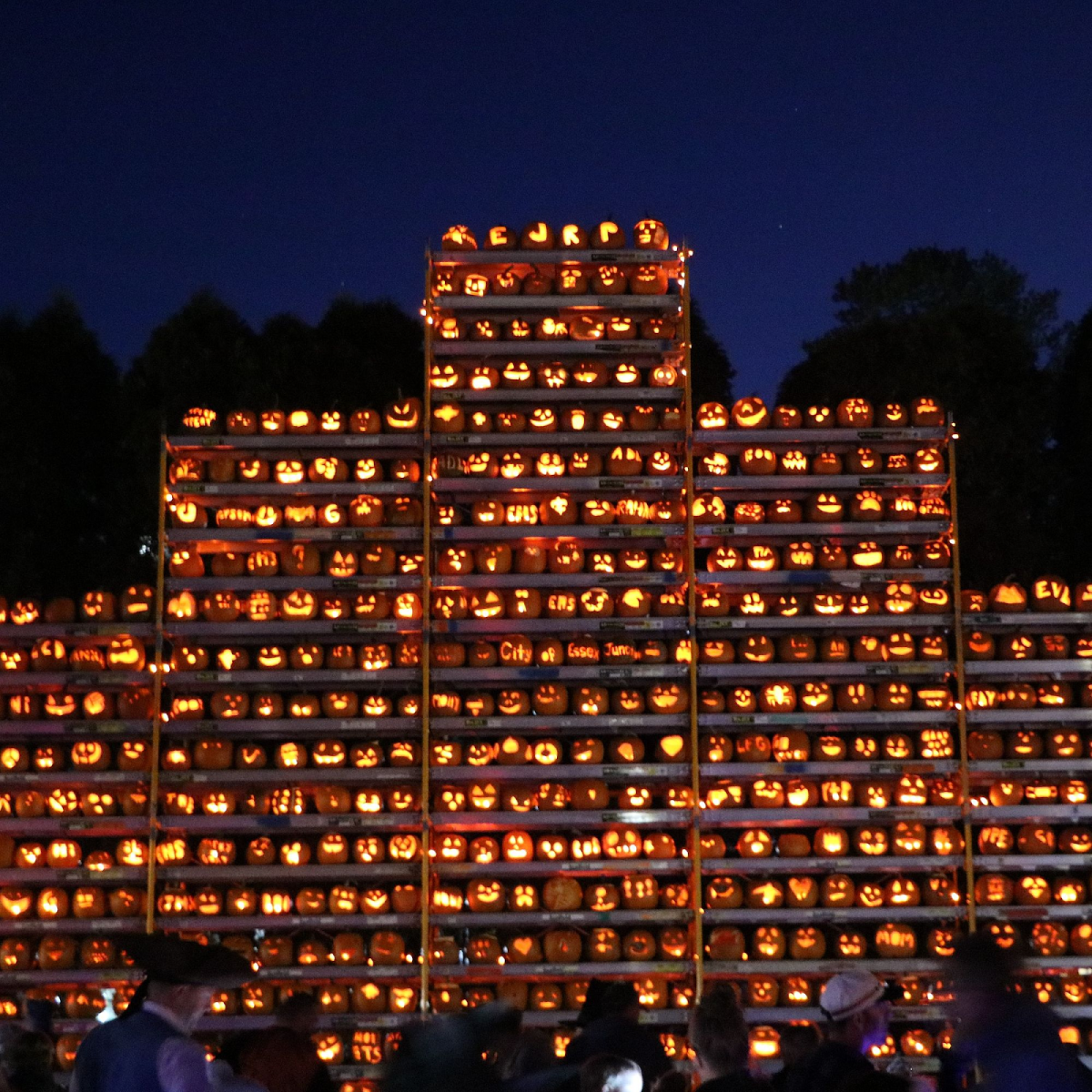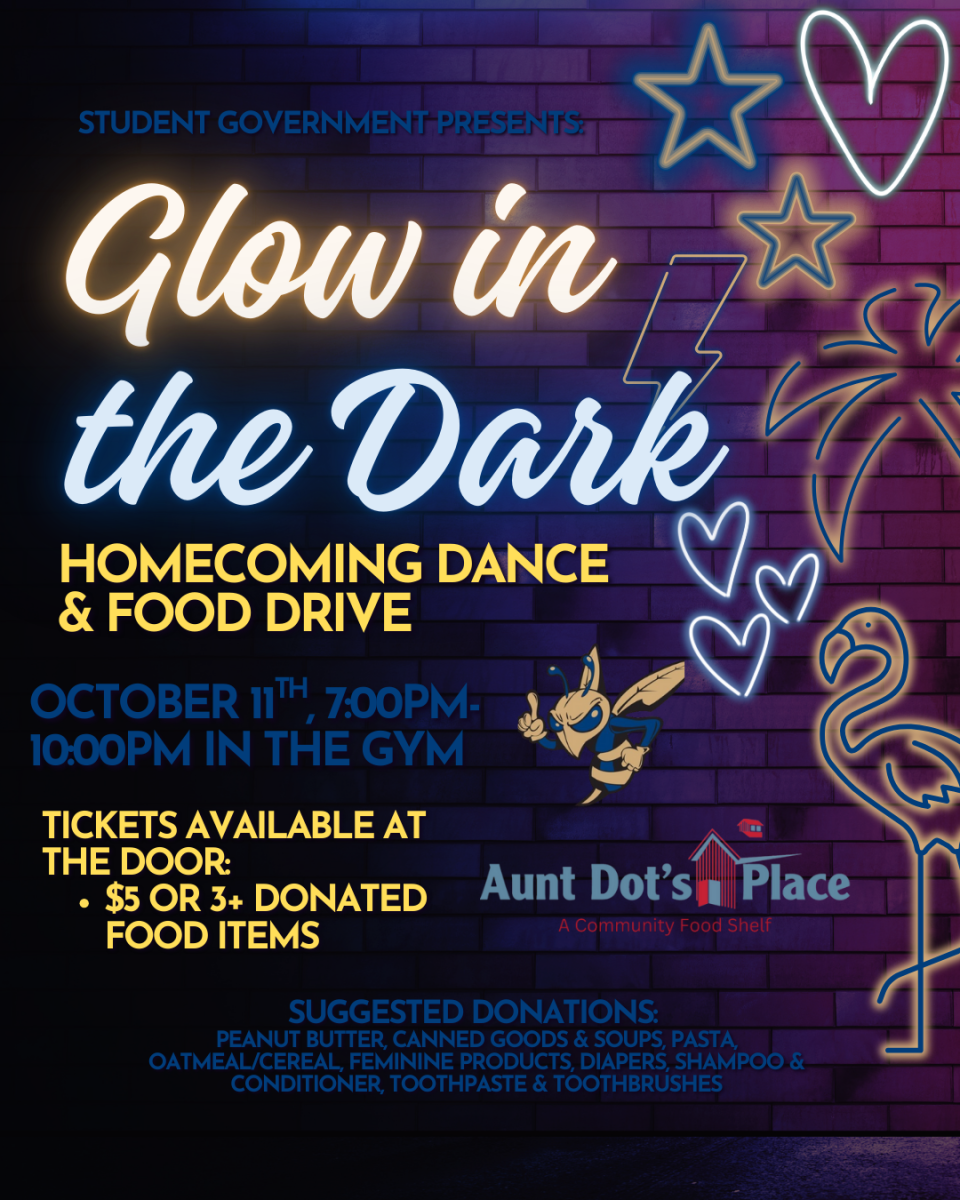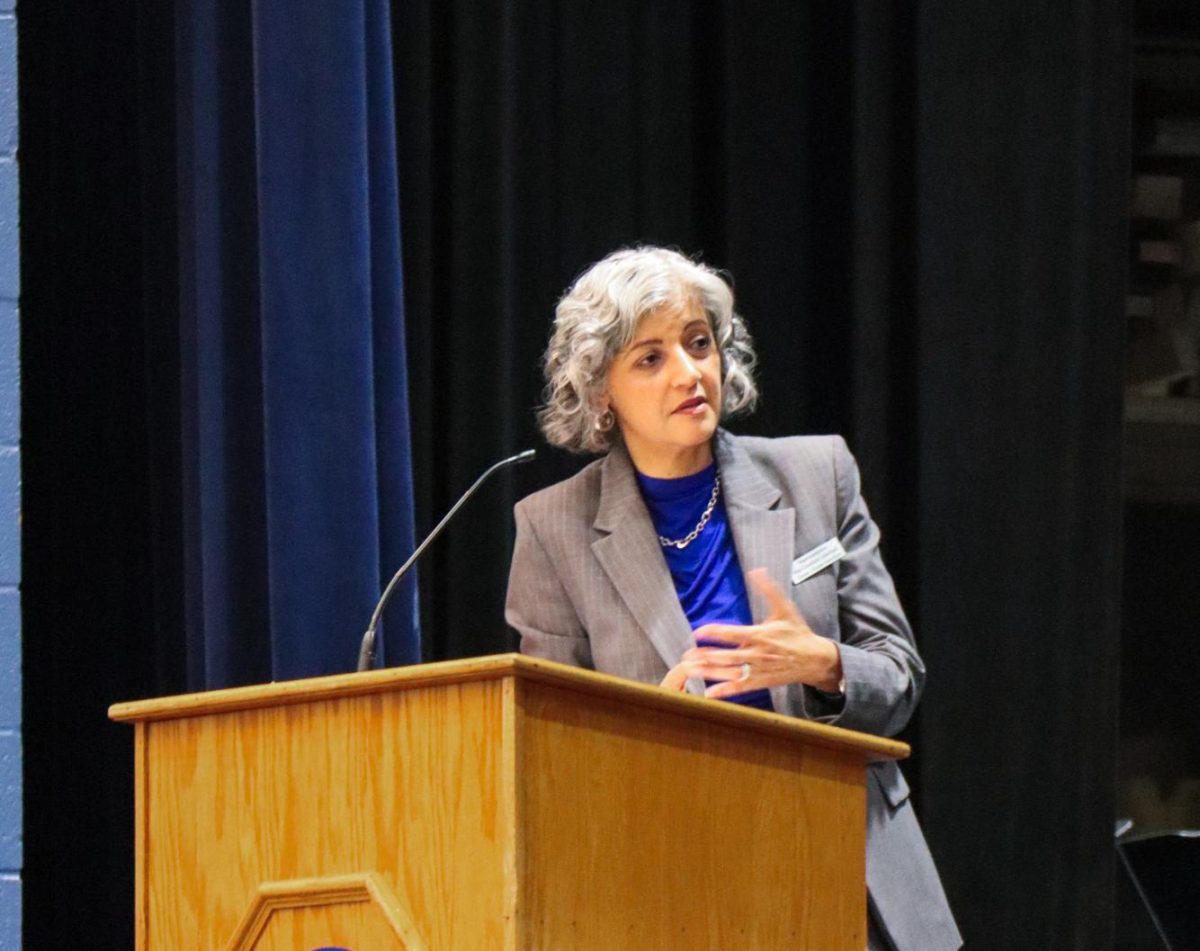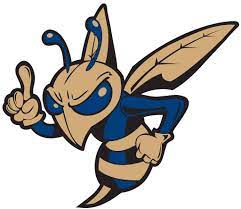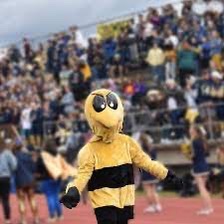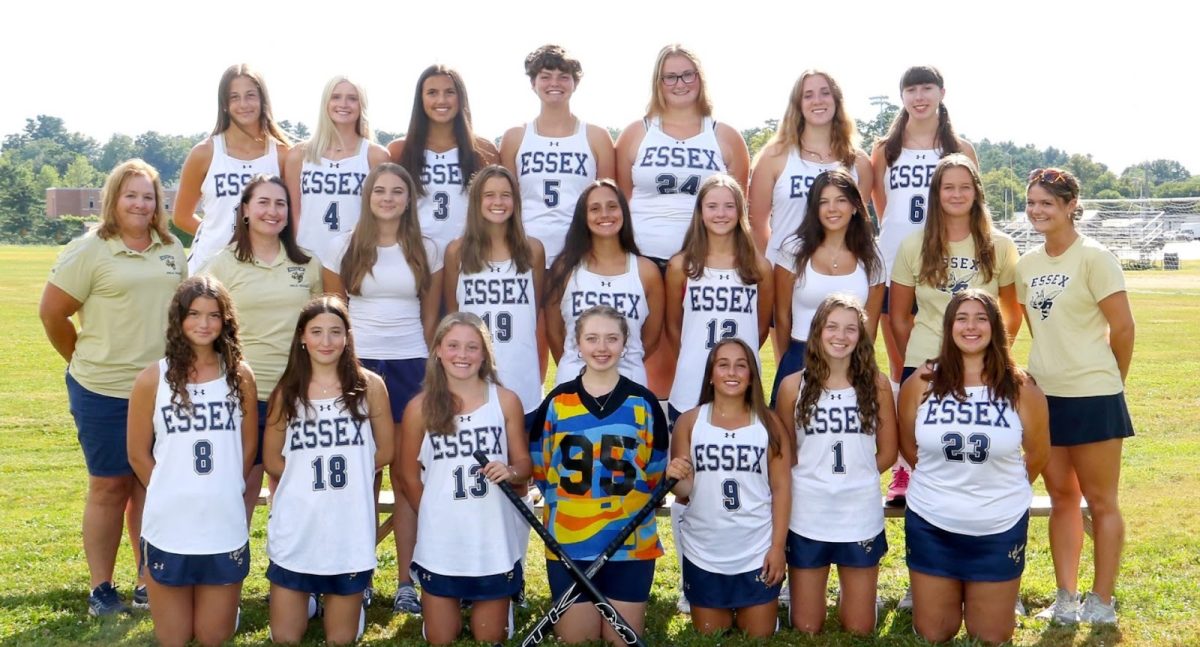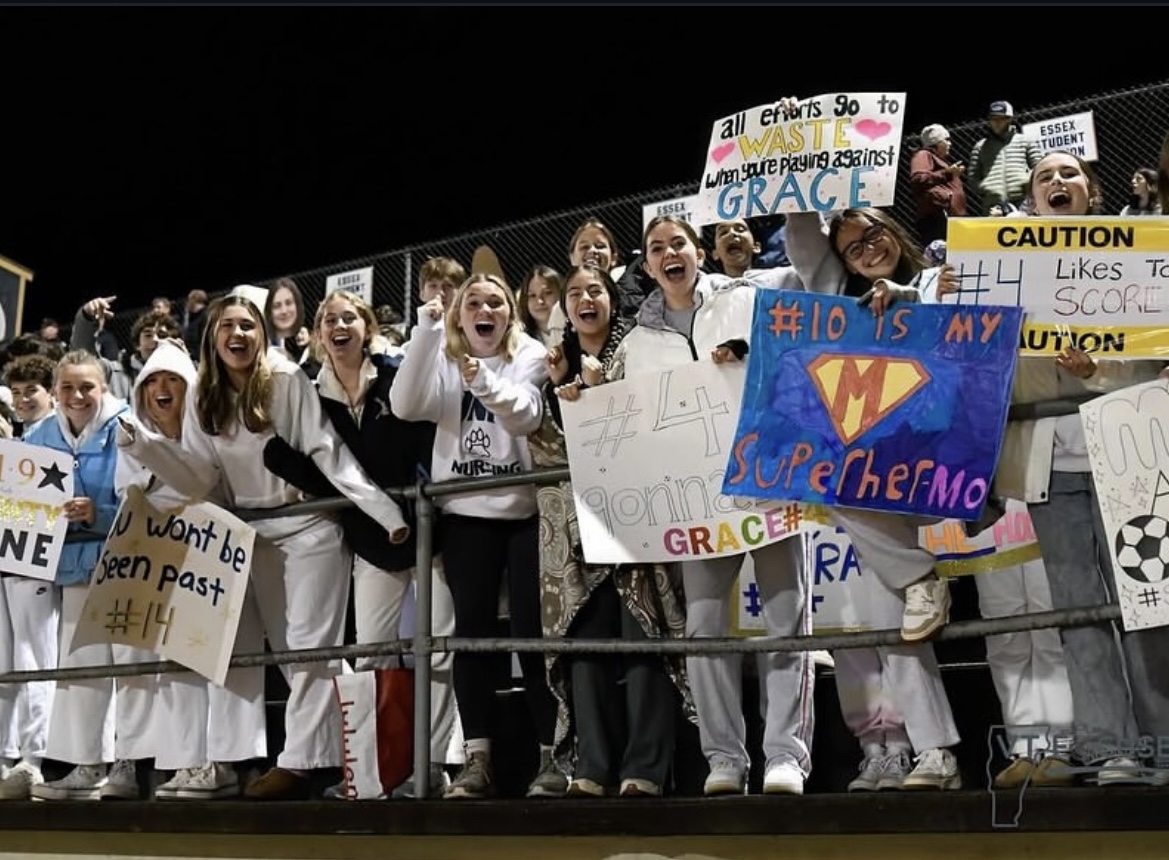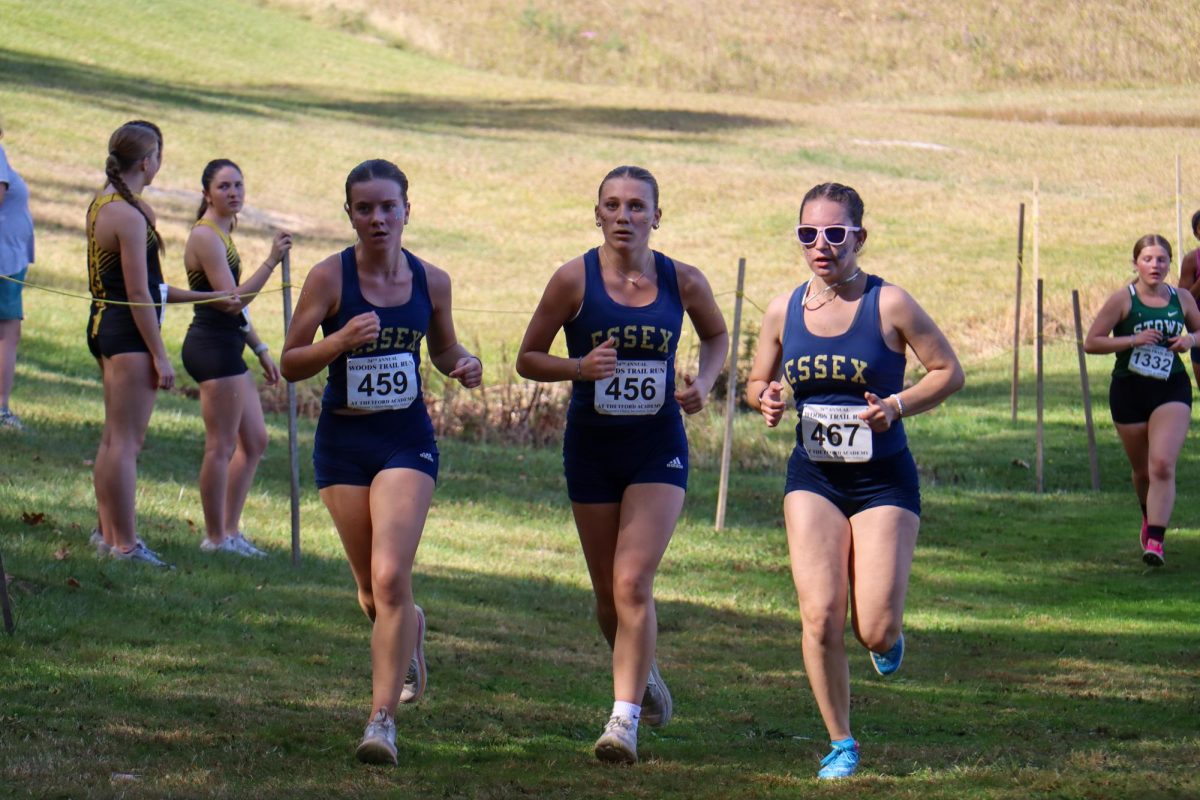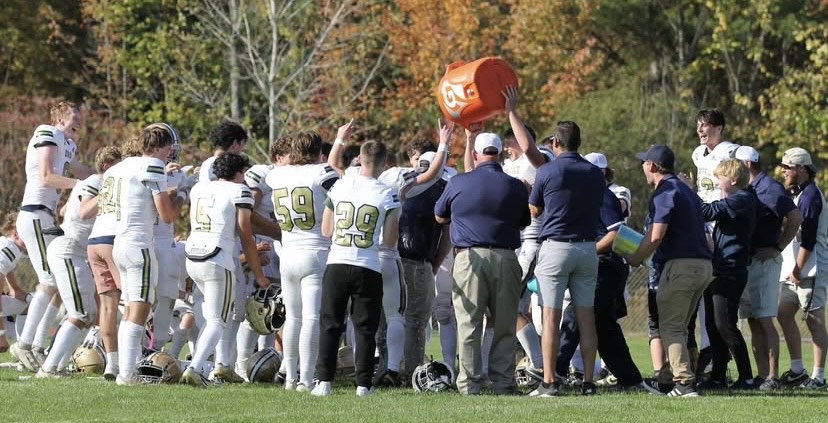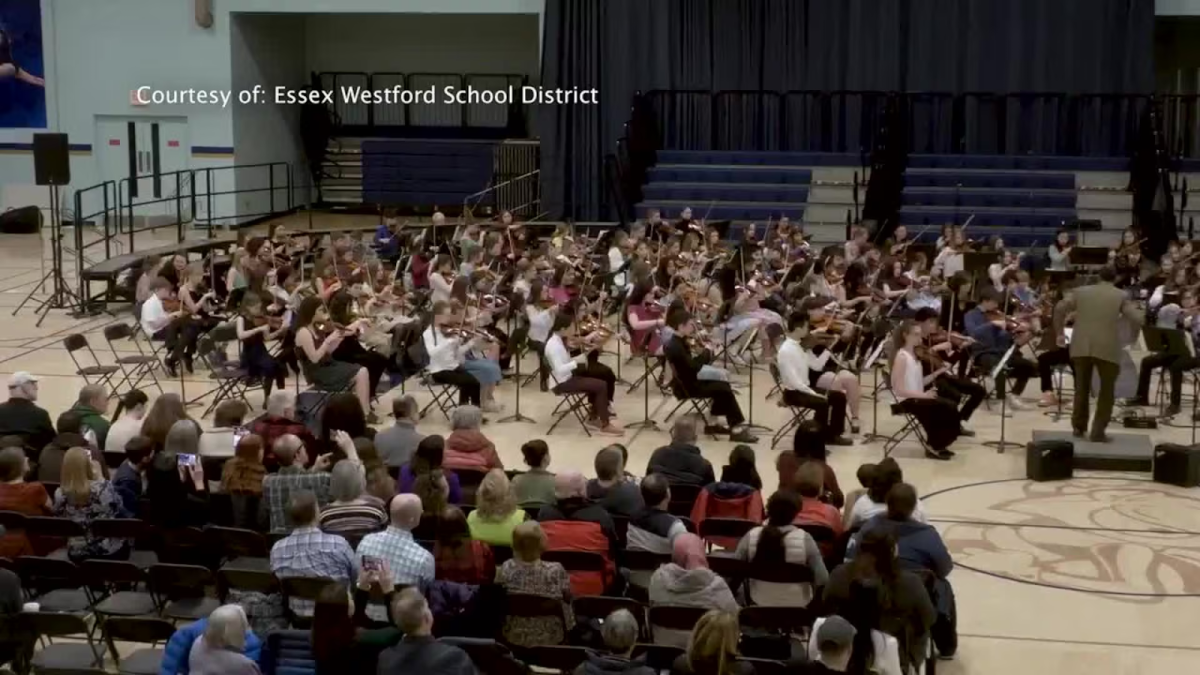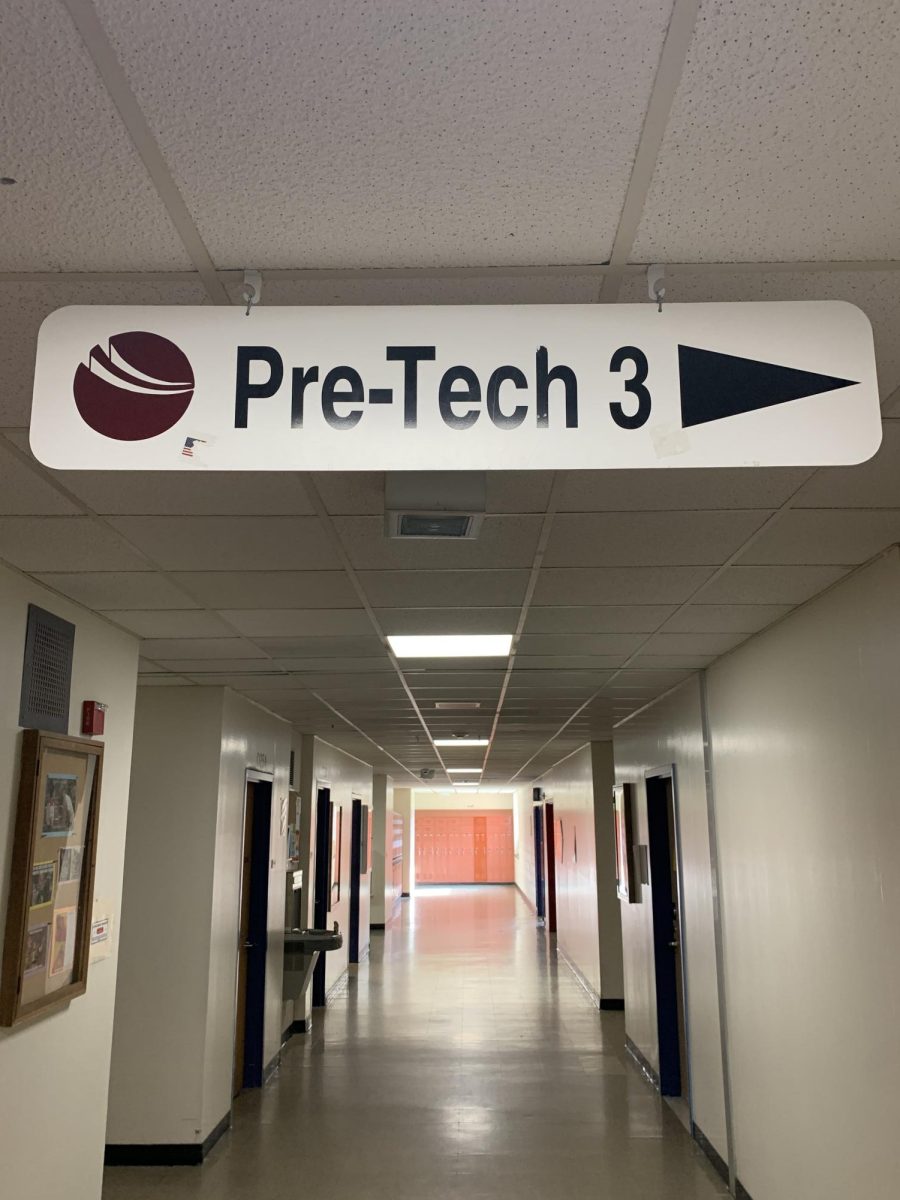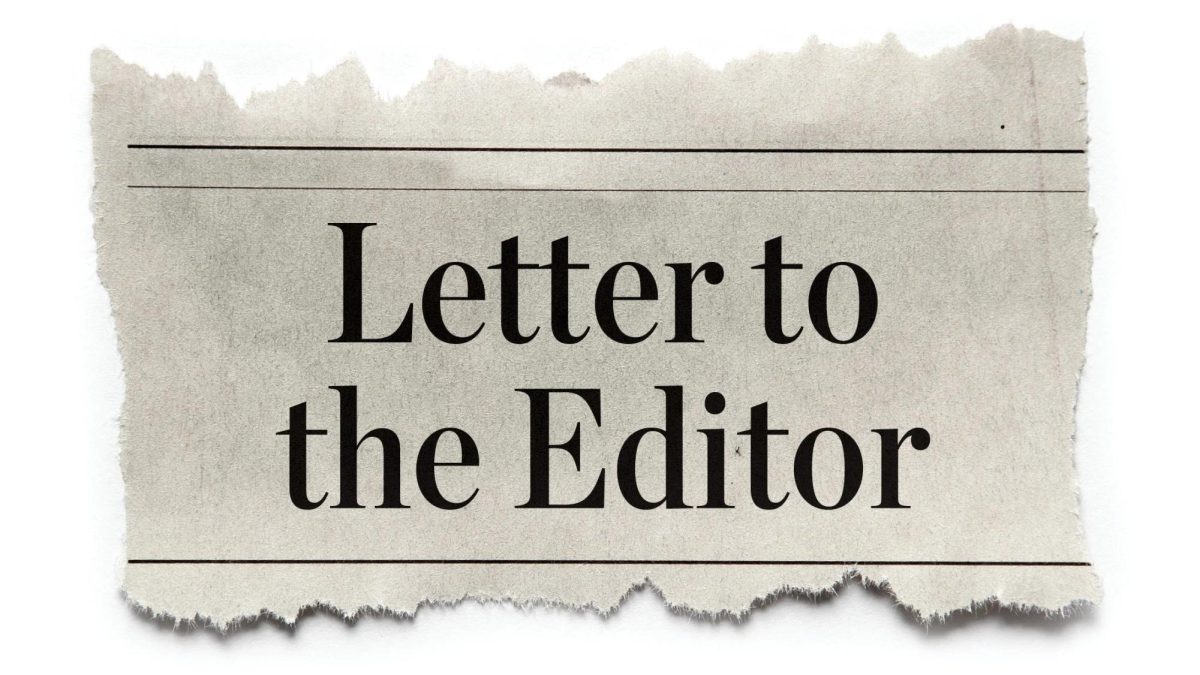March Madness is the greatest sporting event ever conceived. The absolute mayhem that unfolds itself on the college basketball court every year during this chaotic, brutal, yet undeniably captivating tournament is unmatched by any other sport. The Cinderella runs, the upsets, the buzzer beaters, all of it is what makes this tournament so uniquely special.
Over 36 million people fill out March Madness brackets each year. Nobody has ever achieved perfection, and nobody has really even come close. Only one person has even made it to the Sweet Sixteen unscathed since the tournament expanded to its current 64 team format in the 80s, yet the dream of becoming the first to achieve perfection lives on in the most ambitious of places.
EHS students have not filled out March Madness brackets through the school in my first three years here. According to a few veteran teachers, the school used to do it, but stopped a few years before Covid. Heading into my last March Madness at EHS, I would very much like to institute a student bracket challenge again.
Something this school can lack at times is excitement, and the buzz of March Madness can be a good way to have some fun while we go through the homestretch of this school year. School days can blend together at times because there are not many events that distinguish a day, week, or month from another day, week, or month. This school prioritizes academic achievement, which is fantastic, but perhaps we have lost a sense of enjoyment and daringness through the monotonous routines we have developed.
Having one March Madness bracket challenge will not solve this bigger issue, but it will at least be a step in the right direction towards bringing back liveliness to the school. The main lobby, which hosts two TVs that air old highlights of coffee houses without sound, could be used to air games during the day, and students with off blocks could socialize for a bit while catching up on scores of relevant games, building more community amongst students.
There is also a case to be made that a March Madness bracket challenge would be a beneficial brain teaser that could stimulate learning. There are thousands and thousands of statistics, trends, and strategies related to picking a bracket, and it is quite easy to find yourself lost in the sea of red herrings and false correlations. There can be a great degree of critical thinking that goes into this wonderful artform of bracket picking, and while this is not an academic endeavor in the traditional sense, it is an exercise of our reasoning skills.
Going for a perfect bracket will also give us a chance to challenge ourselves to do things that we do not believe can be done, and it is this ambition that will drive change and success in our future. Just because this is not a purely educational activity does not mean that doing this bracket challenge cannot be useful in regards to learning.
To any nervous admin officials reading this, I am not about to suggest that students gamble away their own money for this bracket challenge. My proposition is that everyone can enter this bracket challenge for free, and the winner gets a $25 gift card to a bookstore.
To ensure that this bracket challenge can happen, I, Riley Ashe, will offer to score every student’s bracket. I will almost certainly regret this proposition, when I have hundreds upon hundreds of brackets to look over, but it is a worthy sacrifice to bring back the wacky, ridiculous, yet amazing event that is March Madness to EHS. Study up on your college basketball, the first round begins Mar. 21.
Proposed Rules:
- Students can pick up brackets in the library
- All brackets must be handed in by Mar. 21 by 12:30 p.m. to the library
- Games in the round of 64 will count as one point each. The next round will be worth two each, followed by 4, 8, 16, and 32 for subsequent rounds
- In the event of a tie, the person who picked the most games right overall wins. If these are also tied, the winner is determined by which of the tied players led for the most rounds. If this is also tied, the winner will be decided by whoever correctly picked the most upsets. If there is still a tie, a coin flip will choose the winner

